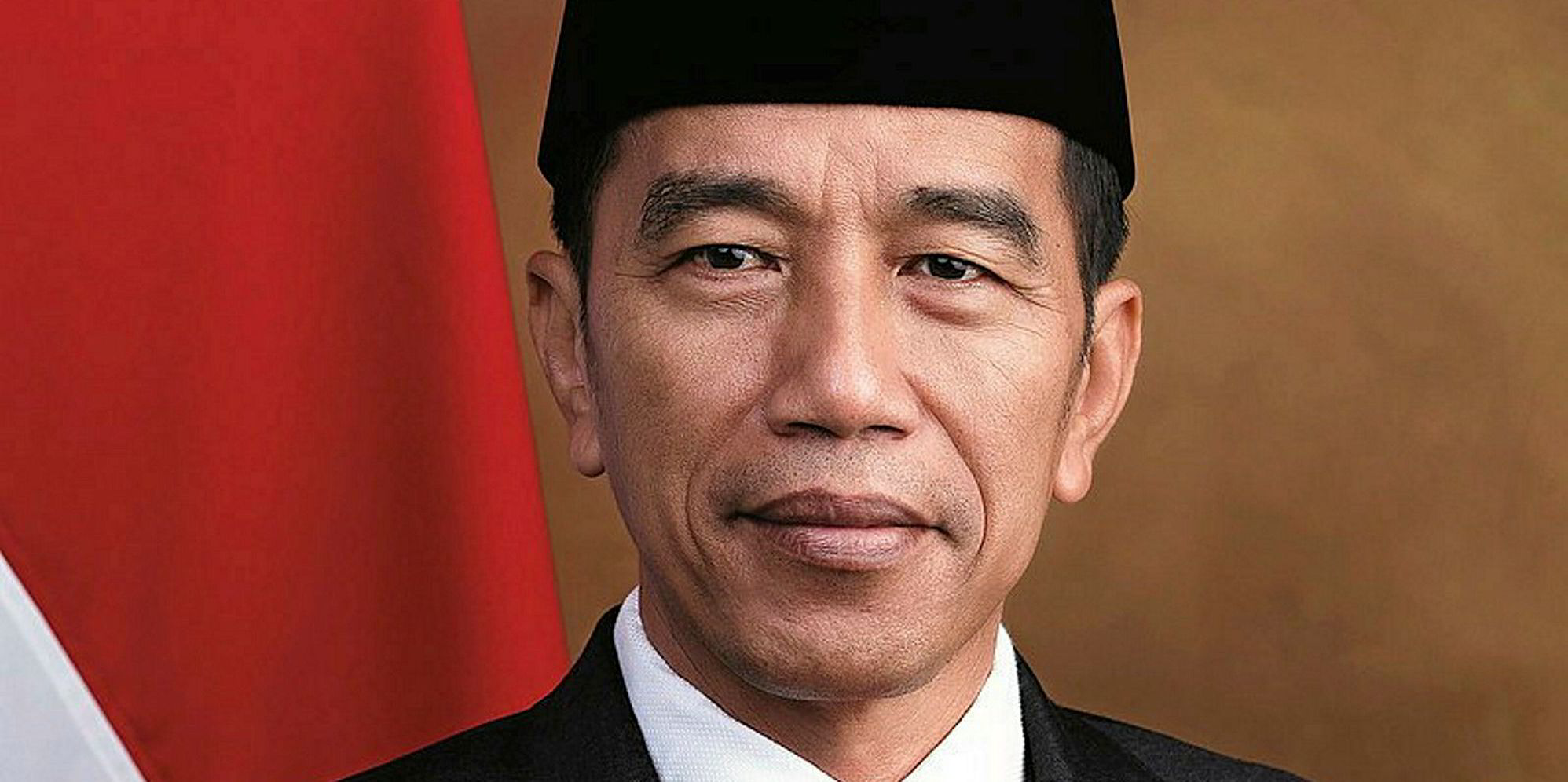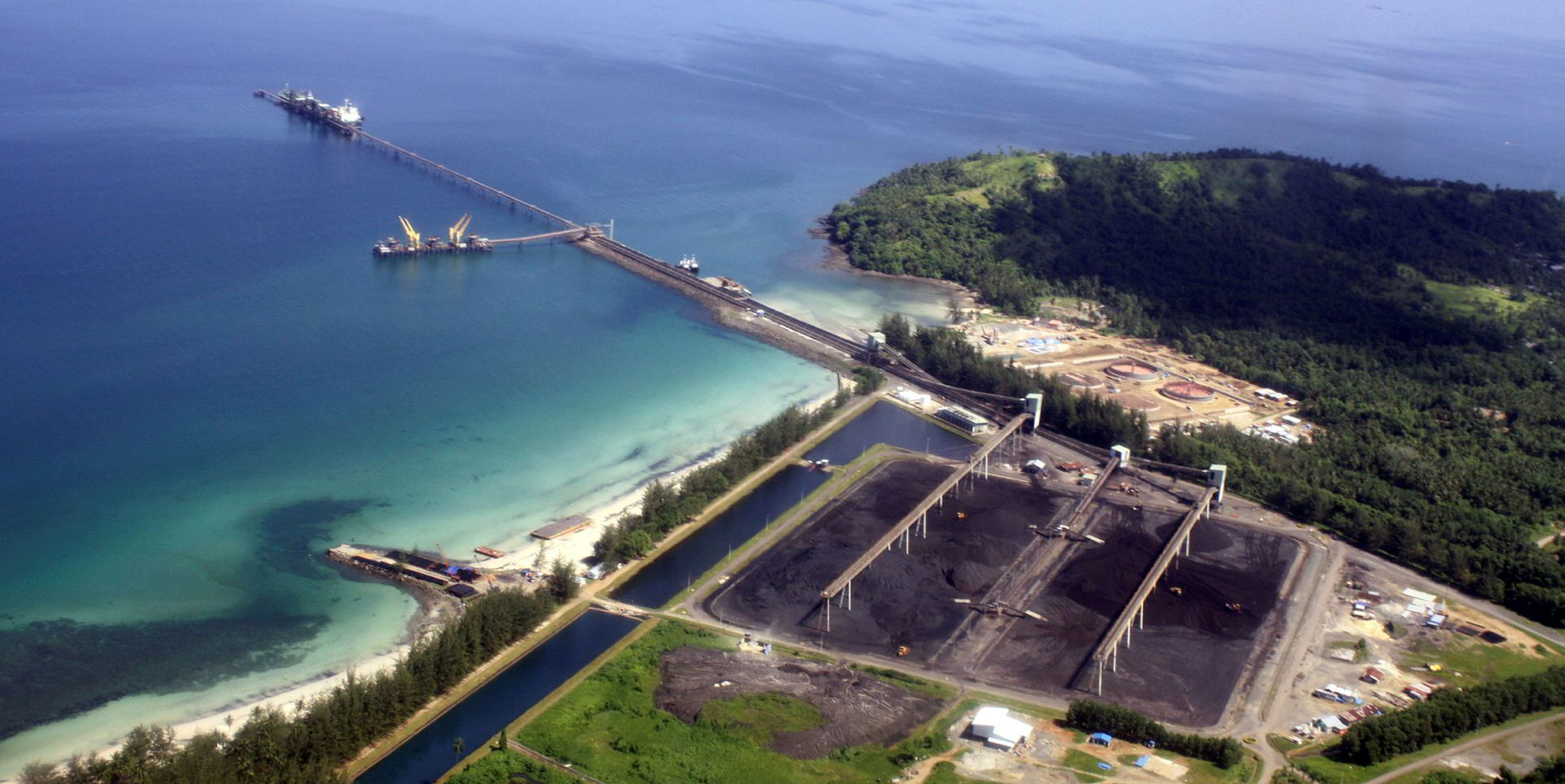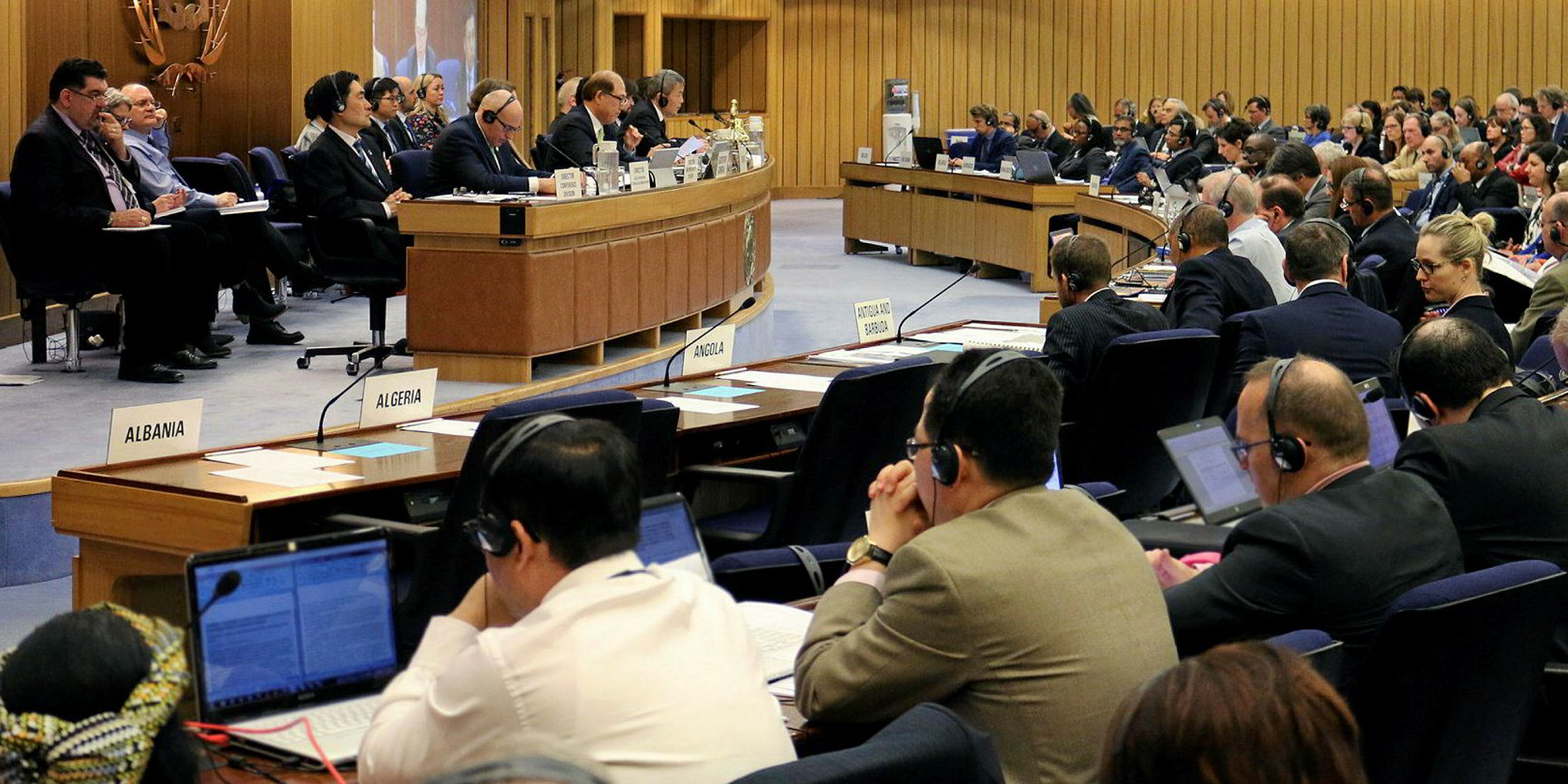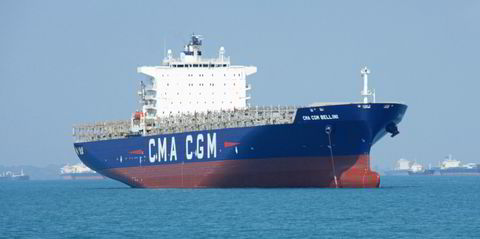Indonesia's protectionist shipping policies could prove a hindrance to economic recovery following the Covid-19 pandemic and should be axed, according to five major shipping associations.
The International Chamber of Shipping (ICS) and four other major shipping bodies sent a joint letter on Wednesday to Indonesia's Ministry of Trade, requesting that the country reconsider its restrictive policies for coal and palm oil exports, as well as rice imports.
The groups said "any regulation that is likely to lead to market distortion and undermine the spirit of open trade and fair competition in international shipping trade could be very detrimental to that recovery".
The joint letter, obtained by TradeWinds and accessible here, was sent by the ICS; the Asian Shipowners’ Association (ASA), the European Community Shipowners’ Associations (ECSA), Intercargo and Intertanko.
The bodies add that the unilateral measures are "likely to create an unwelcome precedent that could be emulated by other nations, to the detriment of global trade growth and economic development in the mid to long term".
Not enough action
Indonesia has already taken steps to amend its import and export policies for the commodities – the associations called this a "step in the right direction" but reiterated the need for the regulations to be abandoned.
"The global shipping industry, however, remains concerned about the negative precedent this latest regulatory framework could set, to the detriment of world trade, especially during such a critical time, in light of the coronavirus (Covid-19) outbreak," the group said in the letter.
"The industry therefore continues to urge the Indonesian government to revoke the regulation altogether."
The bodies write that they were "encouraged" to learn that the Indonesian government has been willing to consider the views of all stakeholders in enacting the new rules.
Two amendments were made to the regulation, known as Decree No. 40/2020, as TradeWinds has reported.
Following the changes, coal and crude palm oil exports and rice imports must be carried by domestic vessels with "carrying capacity" of up to 15,000 dwt.
The shipping bodies requested confirmation from the Indonesian government that the reference to "carrying capacity" in fact relates to the size of vessel to be employed.
The groups used the letter to reiterate their request that the transport of goods covered by Decree No. 40/2020 on international voyages should be permitted onboard all vessels, irrespective of flag, ownership or carrying capacity.
Indonesia's carriage restrictions are "inconsistent" with the accepted principles of global maritime trade and the commitments that Indonesia has made under the ‘Model Maritime Schedule’ of the World Trade Organization (WTO), the organisations said in the letter.
The joint letter follows up another sent by ICS, ASA and ECSA on 26 February and the complementary letter sent by Intercargo on 8 April 2020.








